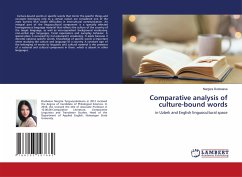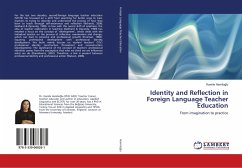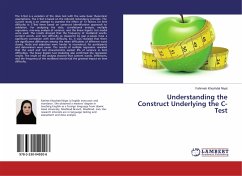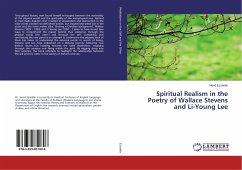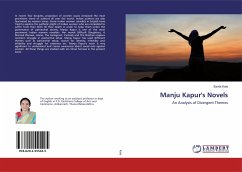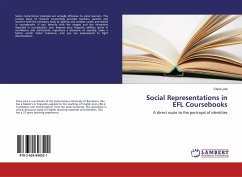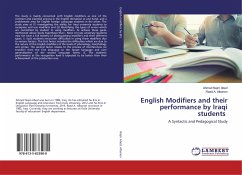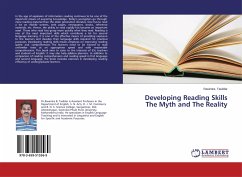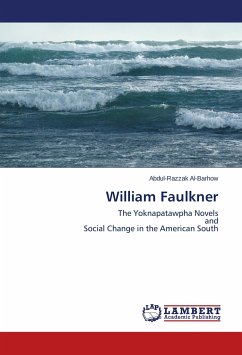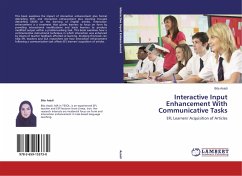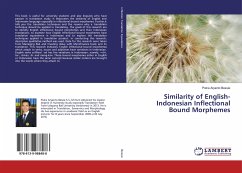
Similarity of English-Indonesian Inflectional Bound Morphemes
Versandkostenfrei!
Versandfertig in 6-10 Tagen
47,99 €
inkl. MwSt.

PAYBACK Punkte
24 °P sammeln!
This book is useful for university students and also linguists who have passion in translation study. It elaborates the similarity of English and Indonesian language especially in inflectional bound morphemes. Further,it tells you the translation techniques and the reasons why a translation technique should be applied in translating. The goals of this research are to identify English inflectional bound morphemes and their Indonesian translations, to examine how English inflectional bound morphemes have translation equivalence in Indonesian and to explore the translation techniques applied in t...
This book is useful for university students and also linguists who have passion in translation study. It elaborates the similarity of English and Indonesian language especially in inflectional bound morphemes. Further,it tells you the translation techniques and the reasons why a translation technique should be applied in translating. The goals of this research are to identify English inflectional bound morphemes and their Indonesian translations, to examine how English inflectional bound morphemes have translation equivalence in Indonesian and to explore the translation techniques applied in translation product. In conducting this research, descriptive qualitative method was used. Data for this research were taken from Managing Risk and Creating Value with Microfinance book and its translation. This research indicates, English inflectional bound morphemes which attach to verbs, nouns and adjectives have variations in Indonesian. English verbs suffixed -ed has five variations in Indonesian, namely; =di-i, ter-, di-kan, di- and meng-kan. Those bound morphemes either in English or Indonesian have the same concept because similar notions are brought into the words where they attach to.



